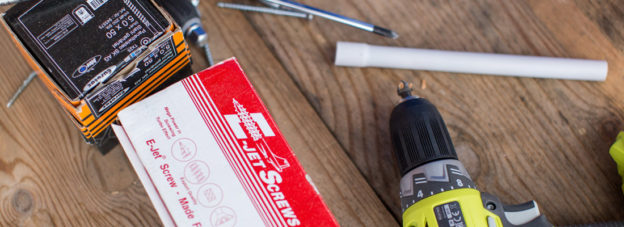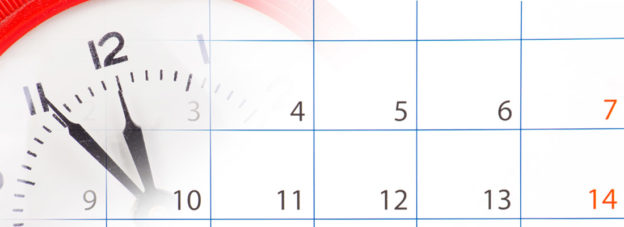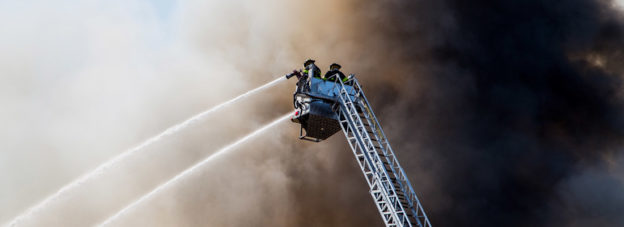In Cont’l Homes of Tex., L.P. v. Perez, No. 04-21-00396-CV, 2022 Tex. App. LEXIS 7691, the Court of Appeals of Texas (Appellate Court) considered whether the lower court erred in refusing to enforce an arbitration clause in a construction contract between the parties. The Appellate Court considered the costs of the arbitration forum required by the contract in the context of the plaintiffs’ monthly household income. The court also compared the arbitration cost to the estimated cost of litigating the dispute. The court held that the arbitration clause was substantively unconscionable on the grounds that the arbitration costs were not affordable for the plaintiffs and not an “adequate and accessible substitute to litigation.” The Appellate Court affirmed the lower court’s decision denying the defendant’s motion to compel arbitration. Continue reading







